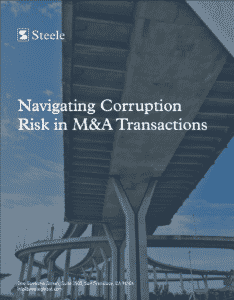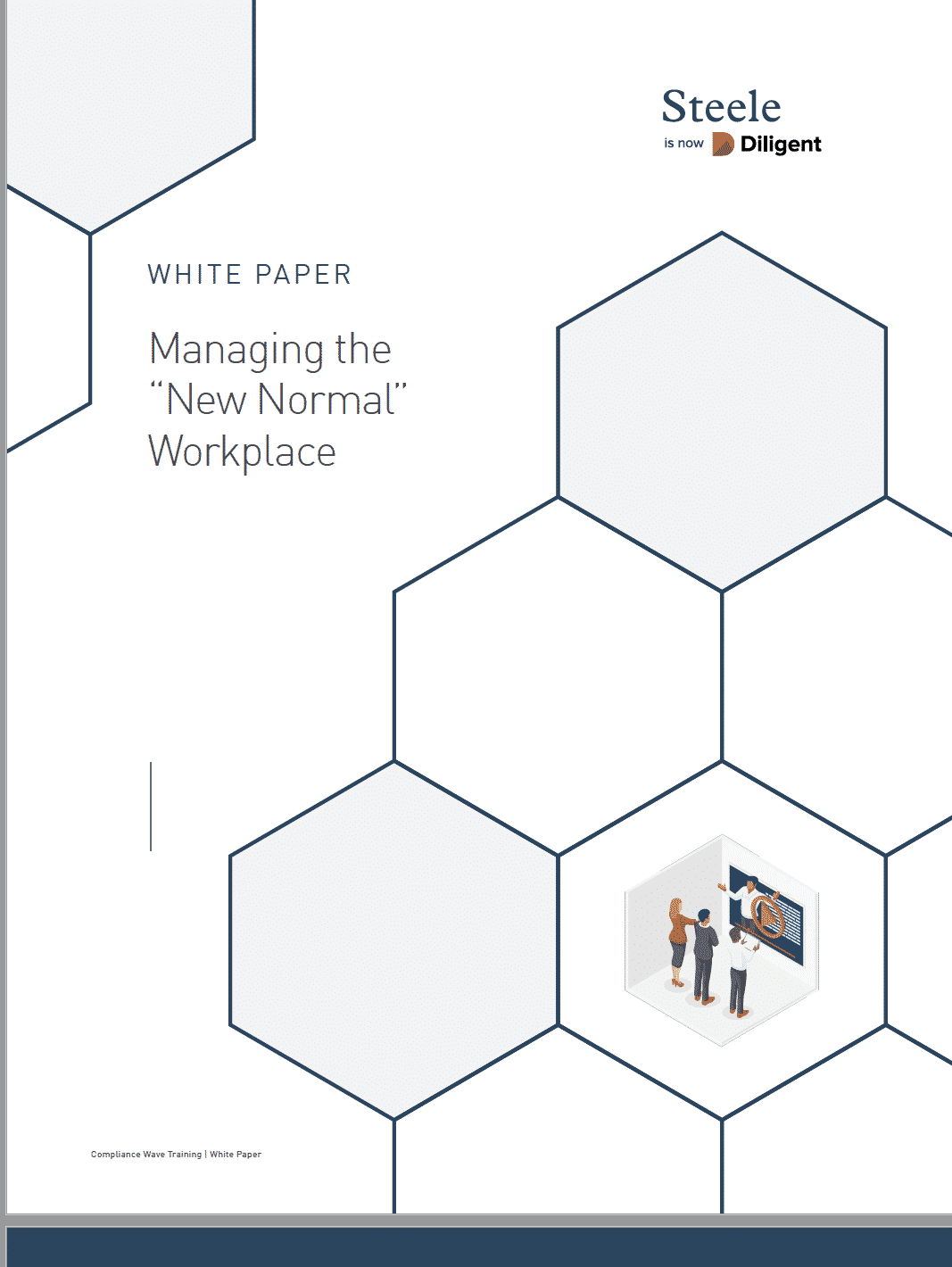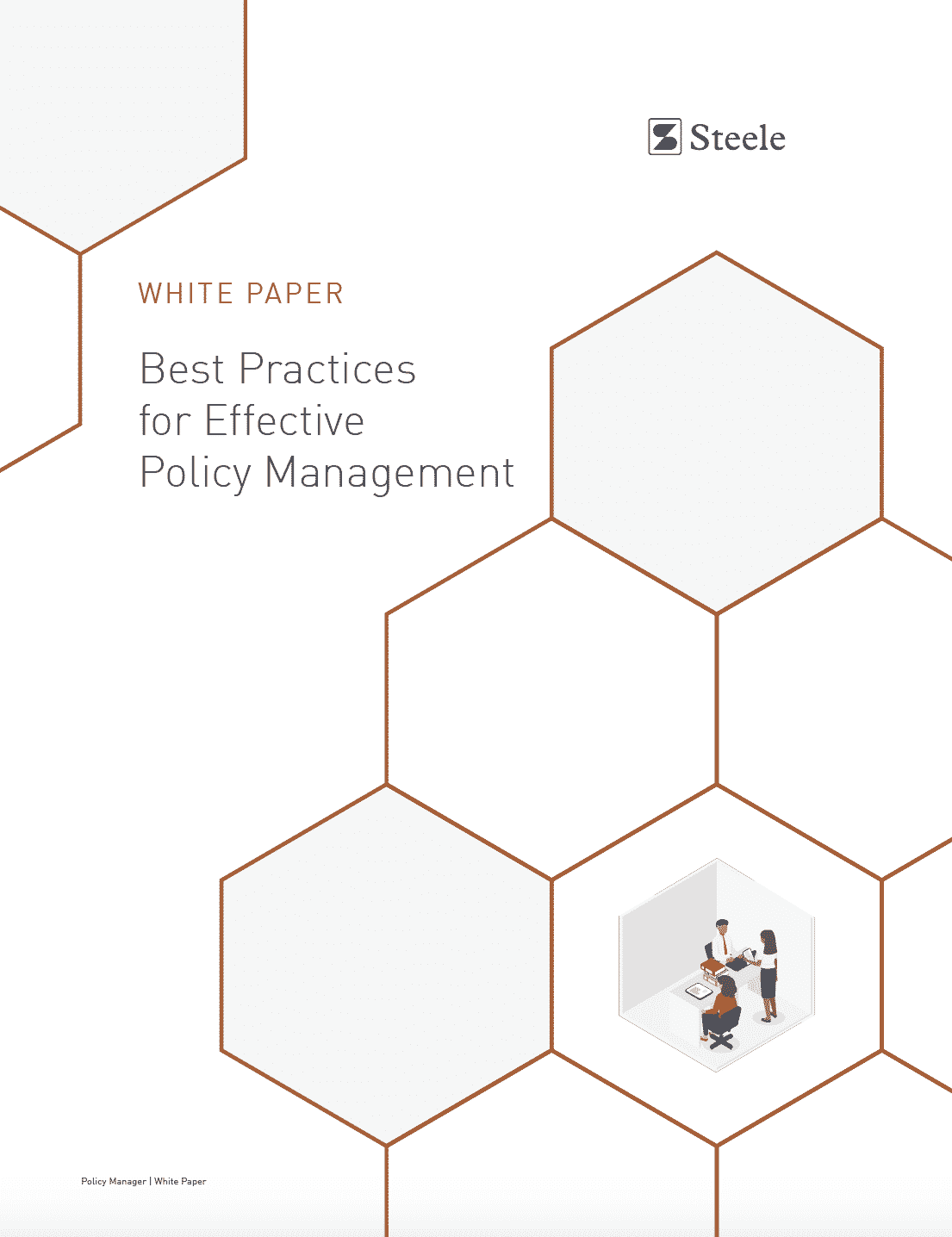Compliance officers have long understood the need for due diligence in mergers and acquisitions: to root out corruption risks that might return to haunt the acquiring company sometime in the future. After more than a decade of regulatory enforcement actions where misconduct by acquired business units was the main issue, corporate boards and senior executives now grasp that point, too.
Going into the future, however, corporations will need to improve their M&A due diligence programs even further, with more effective and sophisticated due diligence capabilities, to keep pace with a more complicated risk environment.
The U.S. Justice Department has recently enacted new policies easing some of the pressure associated with “inherited” liability for an M&A target’s past misdeeds, assuming the acquiring company performs swift and effective due diligence after the deal is closed. However, other stakeholders are pressuring companies to understand the potential risk posed by issues beyond corruption risk, including cybersecurity and corporate social responsibility.
To address such changes, companies will need to bring new types of due diligence capability to M&A deals, and bring them more efficiently. Rising expectations for a “risk assured” M&A transaction leave companies no other choice.
Download our whitepaper to learn more.

 Back to Insights
Back to Insights



